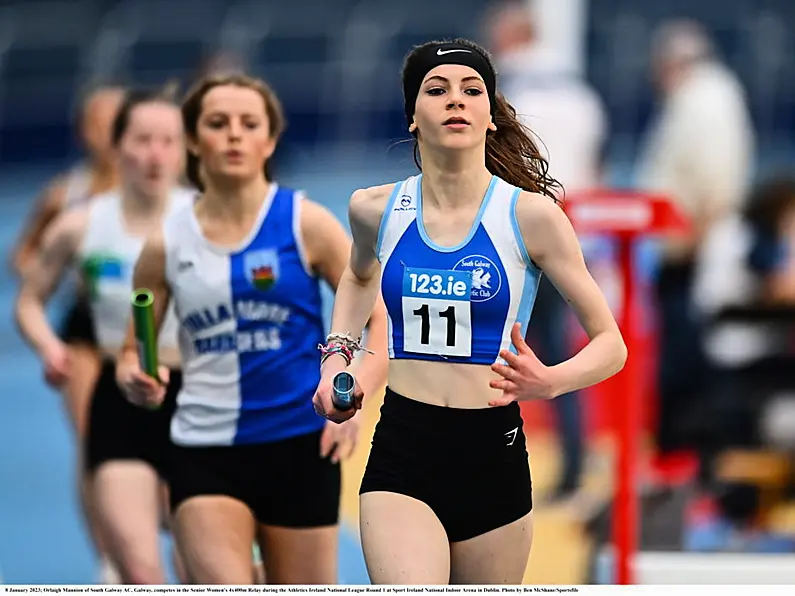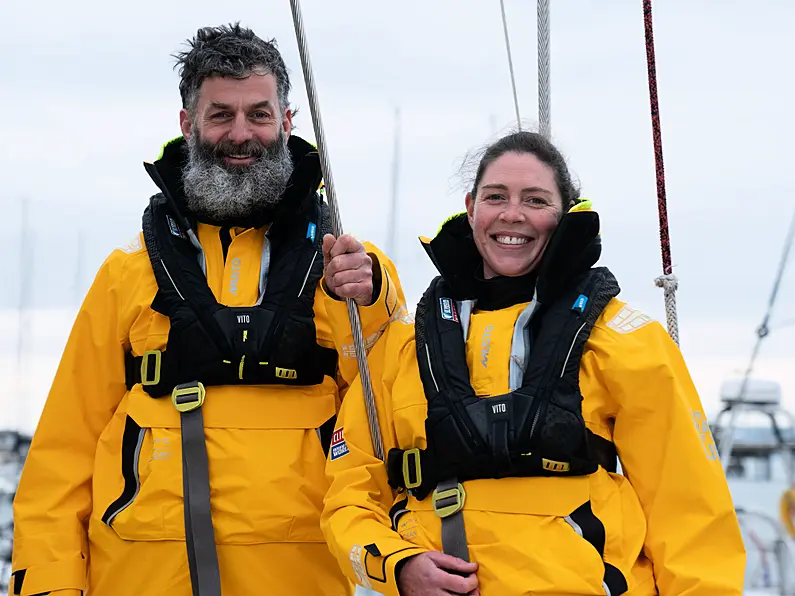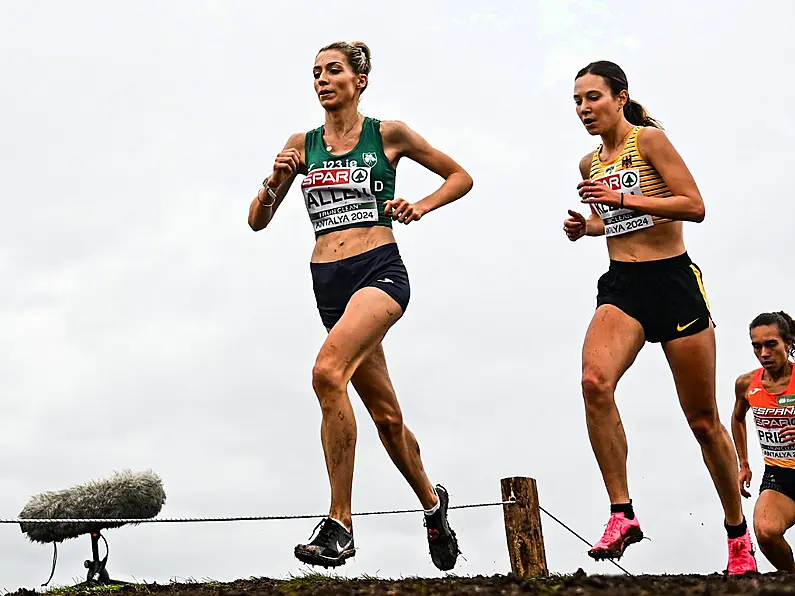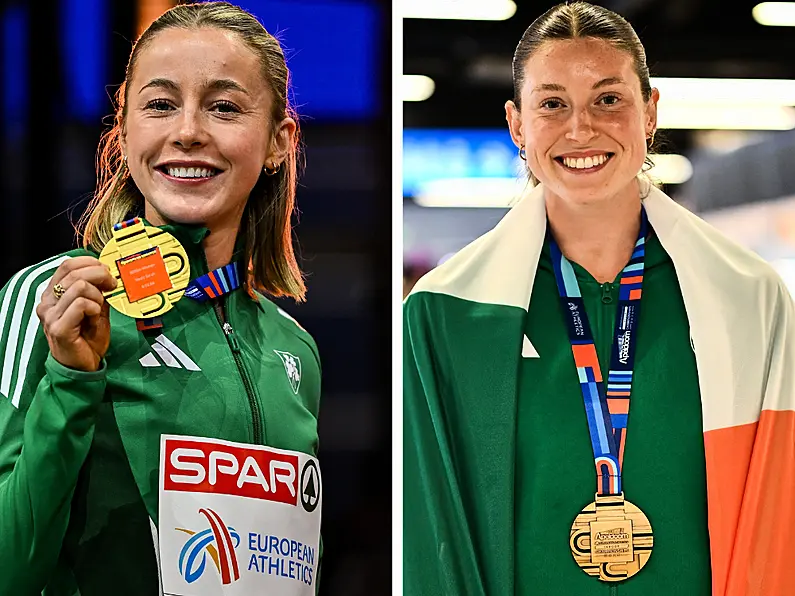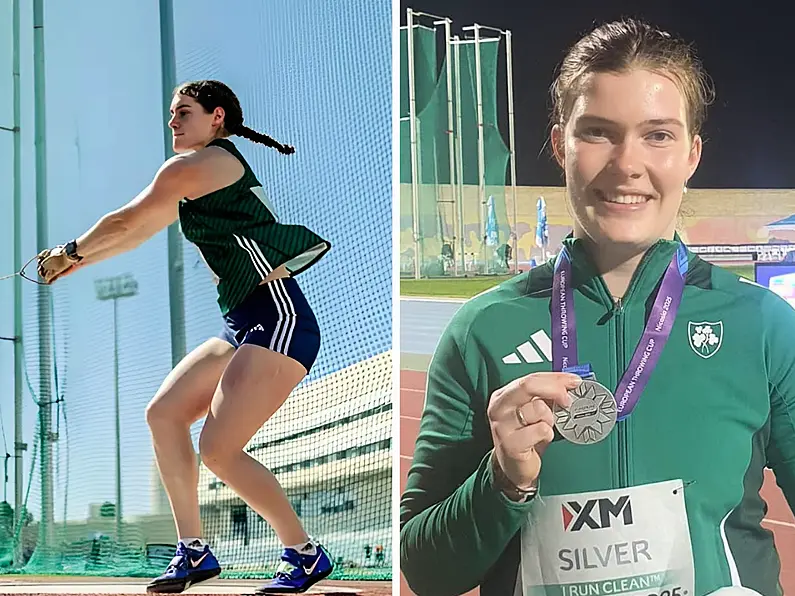World Athletics has proposed continuing to allow transgender women to compete in women's events, but tightening eligibility rules for those races based on testosterone levels.
The global track and field governing organisation has submitted a document outlining proposed policy to national member federations as part of a consultation process. A vote will follow in March.
In a statement World Athletics laid out its 'preferred option', which would require transgender athletes and those with DSD ("differences of sexual development") to artificially lower their blood testosterone to 2.5 nanomoles per litre and maintain this for two years. Under current rules athletes must have less than 5 nanomoles of testosterone per litre, and must maintain this for one year.
Women with DSD have usually been recognised as female since birth but may have XY chromosomes, male-range testosterone levels, or other typically male characteristics.
World Athletics said in a statement that "We will follow the science and the decade and more of the research we have in this area in order to protect the female category, maintain fairness in our competitions, and remain as inclusive as possible."
The new proposal is in contrast to the recent move by FINA, the world governing body of swimming, to ban all athletes who have gone through any stage of male puberty from competing in female categories. World Rugby follows the same policy.
In contrast, UCI (the world governing body for cycling) recently implemented the same guidelines proposed by World Athletics.
The proposal has received criticism from some female athletes, including British shot putter Amelia Strickler, who argue that hormone replacement therapy does not fully remove the advantages that result from male puberty in areas like muscle mass and bone density.
The looser guidelines currently in place, however, have received criticism for being too strict, mostly from women with DSD, as there are currently no transgender women competing in elite international athletics.
The most famous affected athlete is Caster Semenya, an intersex woman with naturally elevated levels of testosterone who was identified as female at birth. She won two Olympic golds and three World Championships in the 800m before the most recent rule changes, which require her to artificially lower her testosterone levels in order to compete in women's races, came into effect in 2019. Because of their narrow scope—targeting only 8 events, three of which Semenya regularly competed in—many criticised them as being specifically designed to target her.
World Athletics stated that the new proposed policy would "allow significant (but not full) reduction of anaerobic, aerobic performances, and body composition changes, while still providing a path for eligibility of trans women [and DSD athletes]...to compete in the female category."
They also emphasized that they are still gathering feedback and that "this does not mean this is the option that will be presented to [the] Council, or indeed adopted."
